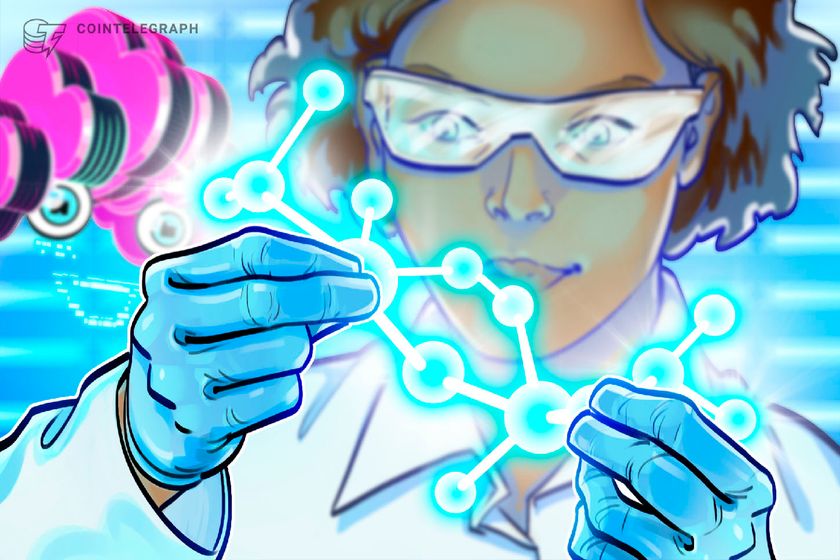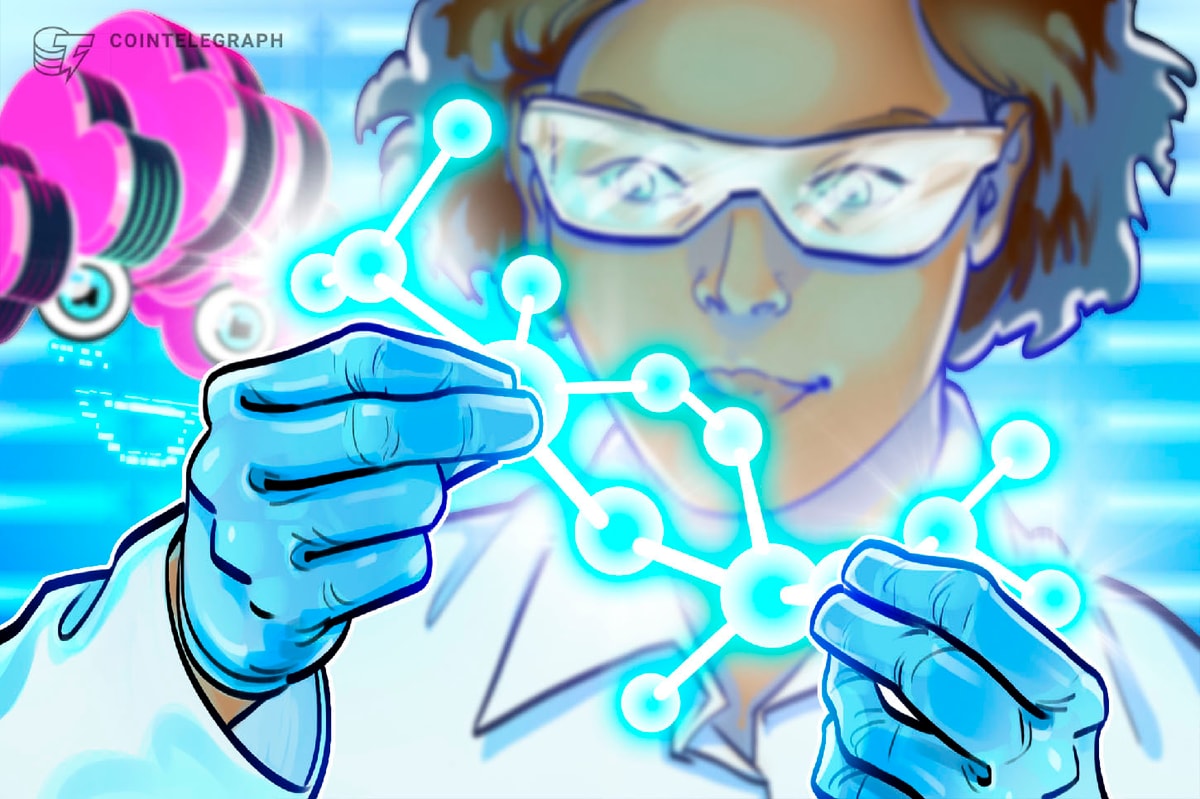Opinion by: Sasha Shilina, PhD, founder of Episteme and researcher at Paradigm Research InstituteScience has always been about pushing boundaries, yet

Opinion by: Sasha Shilina, PhD, founder of Episteme and researcher at Paradigm Research Institute
Science has always been about pushing boundaries, yet today, many of those boundaries are artificial — walled-off journals, slow-moving institutions and research funding locked behind bureaucratic doors. The system is designed for gatekeepers, not explorers. But what if we could tear down those walls? What if science could be set free?
Over the past few years, we’ve watched decentralized science (DeSci) morph from a radical experiment into one of crypto’s most electrifying frontiers. Once dismissed as a niche idea, DeSci is now a billion-dollar movement. As of early 2025, the top DeSci tokens collectively boast a market capitalization of around $1 billion. Momentum is undeniable: Half of the top 10 projects in the space launched just last year, according to Messari. What started as a whisper is now a roar, echoing across the halls of academia, biotech labs and decentralized autonomous organizations alike.
Raw energy isn’t enough. DeSci still faces formidable challenges: scalability, quality control, reproducibility and real-world adoption. It’s a vision in motion, not a finished revolution. And that’s where artificial intelligence steps in — not just as a tool but as the missing puzzle that could propel DeSci from a bold experiment to an unstoppable force.
AI is already reshaping the traditional science (TradSci) landscape: sifts through massive data sets, spots hidden patterns, cracks problems that once took decades to solve, ventures into longevity research, and accelerates drug development, materials science and computational biology. Yet, for all its promise, access to AI remains tightly controlled and monopolized by a handful of corporations, elite universities and government-backed institutions. AI’s vast potential is shackled by centralization.
What if these two forces — the decentralized infrastructure of DeSci and the power of AI — merged into one system? A system where science is decentralized, intelligent, autonomous and radically open?
Let’s call it DeScAI.
Science, but unstoppable
Imagine a world where every experiment, every data set and every discovery isn’t buried in paywalled journals or trapped in proprietary vaults but flows seamlessly across a decentralized, living network. This is the vision of DeScAI, where blockchain and AI unite to build an open, intelligent and self-sustaining ecosystem. Knowledge isn’t just stored — it breathes, evolves and connects. AI curators scour vast data sets, linking research across disciplines, uncovering hidden insights and transforming isolated findings into a shared intellectual bloodstream.
Recent: DeFi can help us choose the best robots for the job
For too long, independent researchers have struggled to access the AI tools they need for research and massive data analysis. DeScAI could rewrite this equation by turning the world into a vast, decentralized supercomputer. Every idle processor, every surplus server and every untapped resource can contribute to a global grid where computing power is not a commodity but a shared asset. Need to map the human brain or train a biodiversity model? There is no need to beg a tech giant — just tap into the collective machine. Smart incentives ensure fairness; AI optimizes distribution; and science advances at a speed never seen before.
What about funding? Today’s grant system is a labyrinth of delays, favoritism and opaque decision-making. DeScAI could replace this outdated model with a marketplace of ideas where anyone — researchers, enthusiasts even curious citizens — can directly support groundbreaking projects. No elite panels, no endless bureaucracy. AI-assisted platforms analyze proposals, suggest collaborations, and help communities vote with their resources. If an idea has merit, it gets the backing it deserves — whether from one person or 10,000.
Peer review, once the bedrock of scientific integrity, has become a bottleneck. Papers languish in submission queues for months, sometimes years, subjected to a process that is as unpredictable as it is biased. DeScAI can potentially turn peer review into a dynamic, real-time process. Research is uploaded to an immutable ledger, where AI immediately verifies data integrity and flags potential conflicts of interest. Expert reviewers — who are no longer anonymous gatekeepers but active, rewarded participants — provide transparent, constructive and traceable feedback. Reputations are built on contributions, not credentials. Science becomes an ongoing conversation, not a waiting game.
Perhaps the most revolutionary aspect of DeScAI is its ability to turn isolated curiosity into collective intelligence. What if an AI could help a marine biologist in Argentina and a quantum physicist in Germany stumble upon a connection neither would have made alone? What if an engineer working on renewable energy models could instantly access simulations…
cointelegraph.com
